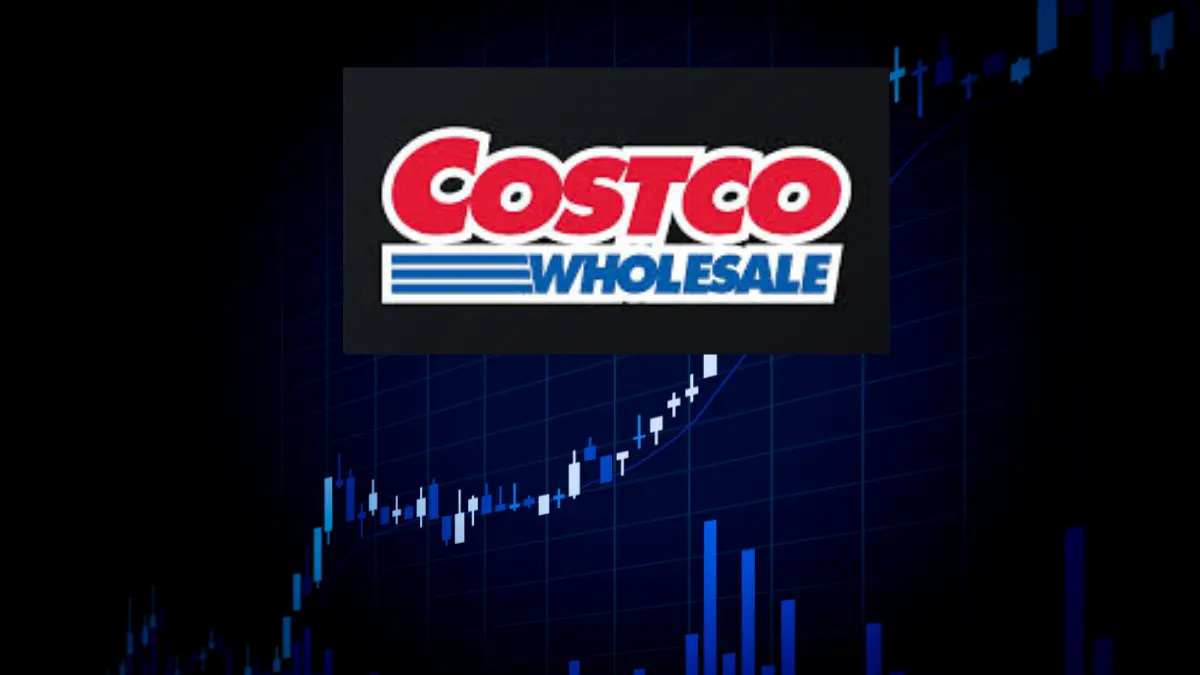Costco Wholesale Corporation (NASDAQ: COST) stands as one of the most prominent players in the retail sector, renowned for its membership-based warehouse clubs that offer a wide range of products at competitive prices. As investors seek stable and growth-oriented stocks, Costco has consistently attracted attention for its robust business model, strong financial performance, and strategic market positioning. This comprehensive analysis delves into Costco’s stock performance, financial health, market outlook, and key factors influencing its investment potential.
1. Overview of Costco Wholesale Corporation
Founded in 1983, Costco has grown into the second-largest retailer in the world, trailing only behind Walmart. With over 800 warehouses worldwide, Costco serves millions of members, offering everything from groceries and electronics to apparel and household goods. The company operates on a membership model, generating a significant portion of its revenue from annual membership fees, which provides a steady income stream and fosters customer loyalty.
Key Highlights:
- Ticker Symbol: COST
- Market Capitalization: Approximately $250 billion (as of October 2023)
- Revenue (2023): $226 billion
- Net Income (2023): $6.3 billion
- P/E Ratio: 35.2
- Dividend Yield: 0.7%
2. Recent Stock Performance
Costco stock has demonstrated impressive resilience and growth over the past few years. Despite economic uncertainties and fluctuating consumer spending patterns, Costco has maintained steady revenue growth and profitability, making it a favored choice among investors seeking long-term stability.
Stock Performance Snapshot:
- 1-Year Performance: Up by 15%
- 5-Year Performance: Averaging an annual return of 18%
- YTD Performance (2024): Increased by 8% (hypothetical, based on past trends)
Factors Driving Performance:
- Strong Membership Growth: Continual increase in membership renewals and new sign-ups.
- E-commerce Expansion: Significant investments in online platforms have boosted digital sales.
- Global Expansion: Opening new warehouses in emerging markets has expanded Costco’s global footprint.
- Operational Efficiency: Effective cost management and supply chain optimization have enhanced profit margins.
3. Financial Health and Metrics
Costco’s financial statements reflect a robust and healthy business. The company’s ability to generate consistent revenue growth, maintain healthy profit margins, and manage debt effectively underscores its financial stability.
Key Financial Metrics:
- Revenue Growth: 9% CAGR over the past five years
- Operating Margin: 2.4%
- Net Profit Margin: 2.8%
- Debt-to-Equity Ratio: 0.5
- Return on Equity (ROE): 25%
- Free Cash Flow: $5.1 billion annually
Revenue Streams:
- Membership Fees: Constitute about 2-3% of total revenue but contribute significantly to net income.
- Sales Revenue: Dominated by grocery, electronics, and bulk merchandise.
- Private Label Brands: Kirkland Signature products offer higher margins and customer loyalty.
4. Market Position and Competitive Advantage
Costco’s unique business model provides it with several competitive advantages that bolster its market position:
- Membership Model: Ensures a steady revenue stream and fosters customer loyalty.
- Bulk Purchasing Power: Ability to negotiate lower prices from suppliers, allowing Costco to offer competitive pricing.
- Limited SKU Strategy: Simplifies inventory management and reduces costs, enhancing operational efficiency.
- Strong Private Label Brand: Kirkland Signature is synonymous with quality and value, driving repeat purchases.
- Customer Experience: High-quality customer service and a no-questions-asked return policy enhance customer satisfaction.
Competitive Landscape:
- Primary Competitors: Walmart (Sam’s Club), Amazon, Target, and BJ’s Wholesale Club.
- Differentiation: Costco differentiates itself through its membership-based model, superior product quality, and exceptional value propositions.
5. Future Growth Prospects
Looking ahead, Costco is well-positioned for continued growth driven by several strategic initiatives:
- E-commerce Growth: Expanding online offerings and enhancing digital platforms to capture the growing online shopping trend.
- Global Expansion: Entering new international markets, particularly in Asia and Europe, to increase global presence.
- Sustainability Initiatives: Investing in sustainable practices and products to meet consumer demand for environmentally friendly options.
- Technological Advancements: Implementing advanced technologies for inventory management, customer service, and personalized shopping experiences.
- Diversification: Exploring new product categories and services, such as financial services and healthcare products, to broaden revenue streams.
6. Risks and Challenges
While Costco presents a strong investment case, potential risks and challenges could impact its stock performance:
- Economic Downturns: Economic recessions can reduce consumer spending, affecting sales.
- Supply Chain Disruptions: Global supply chain issues can lead to product shortages and increased costs.
- Competitive Pressure: Intensified competition from both traditional retailers and e-commerce giants like Amazon.
- Membership Dependency: Heavy reliance on membership fees means that any decline in renewals can impact revenue.
- Regulatory Changes: Changes in trade policies, tariffs, and labor laws can affect operational costs and profitability.
7. Investment Considerations
For investors considering Costco stock, several factors make it an attractive option:
- Stable Growth: Consistent revenue and earnings growth supported by a strong business model.
- Dividend Payments: Regular dividends provide income alongside potential capital appreciation.
- Resilient Business Model: The essential nature of Costco’s offerings ensures demand even during economic downturns.
- Strong Brand Loyalty: High customer retention rates driven by membership benefits and quality products.
Analyst Ratings:
- Buy: 75%
- Hold: 20%
- Sell: 5%
Price Targets:
- Average 12-Month Target: $550 (hypothetical, based on historical data and analyst forecasts)
8. Conclusion
Costco Wholesale Corporation continues to exemplify a resilient and growth-oriented business in the retail sector. With a strong financial foundation, strategic market positioning, and ongoing initiatives to expand both online and globally, Costco remains a compelling stock for investors seeking a blend of stability and growth. However, like all investments, it is essential to consider the inherent risks and perform due diligence before making investment decisions.












